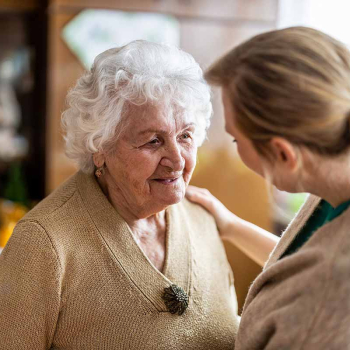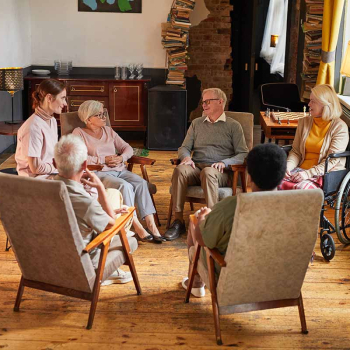If your family is faced with a nursing home admission, here is a warning before you sign the admission agreement with all that fine print that is bewildering. Do not sign that agreement until you have an experienced elder law attorney review it, because many such admission agreements have provisions in them that try to make the family member signing it personally responsible for the monthly payment. This is not allowed under the Federal law, and you should not sign as a “responsible party.” It is perfectly fine to sign as a power of attorney, or a conservator, and that is how the admission agreement is often signed.










